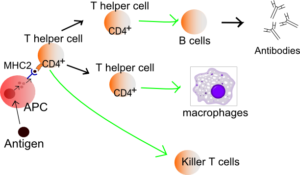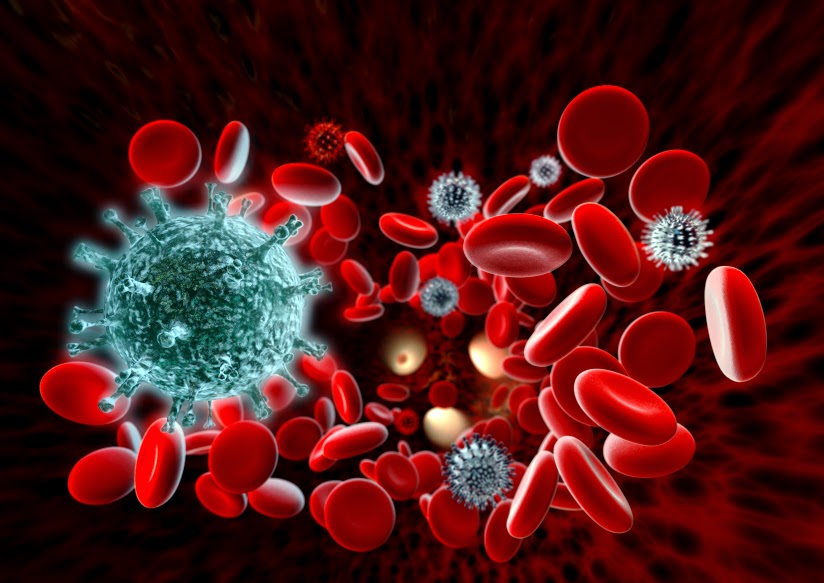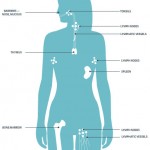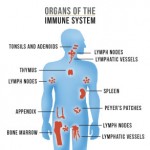About our immune system is a very simplified view of our immune system and how it relates to common autoimmune diseases.
 Our immune system is a complex system of cells and hormones that work together to protect our bodies against infections and chemicals that can cause damage. Some of the cells are called T-Cells. These are the worker ants of the system. They start as undifferentiated T-Cells, no purpose at the moment (resting), they are converted into inflammatory or regulatory T-Cells depending on the stage of the immune response.
Our immune system is a complex system of cells and hormones that work together to protect our bodies against infections and chemicals that can cause damage. Some of the cells are called T-Cells. These are the worker ants of the system. They start as undifferentiated T-Cells, no purpose at the moment (resting), they are converted into inflammatory or regulatory T-Cells depending on the stage of the immune response.
It is broken into 2 parts
- An inflammatory response
- A regulatory response
Each of these is controlled by two wildly different mechanisms.
Inflammatory Response of our Immune System
This is controlled by the body itself. Something, a bacteria or some chemical – an antigen, comes in contact with the body and it generates this inflammatory response. The net effect is the body contains the antigen. This is a good thing in the beginning, but like leaving a tap on, this is going to lead to a disaster if it is not shut down. This inflammation can be anywhere in or on the body from the skin to the lungs. On the skin, it can cause psoriasis, eczema and general skin rashes. In the lungs it causes asthma. Inside the body, it can cause inflammation of the thyroid gland causing Hashimoto’s thyroiditis. The most common is inflammatory bowel disease such as Crohn’s disease and IBS.
Regulatory Response of our Immune System
The regulatory response is present in most people and this shuts down the inflammatory process once it has served its purpose. This is controlled the bacteria and microbes in your gut. An example is B. fragilis. As I said very different control mechanisms. These change the undifferentiated T-Cells into regulatory T-Cells
So as you can see our gut flora, microbes living in our large intestine, are essential to our immune system. Without them, we get all sorts of autoimmune diseases.



